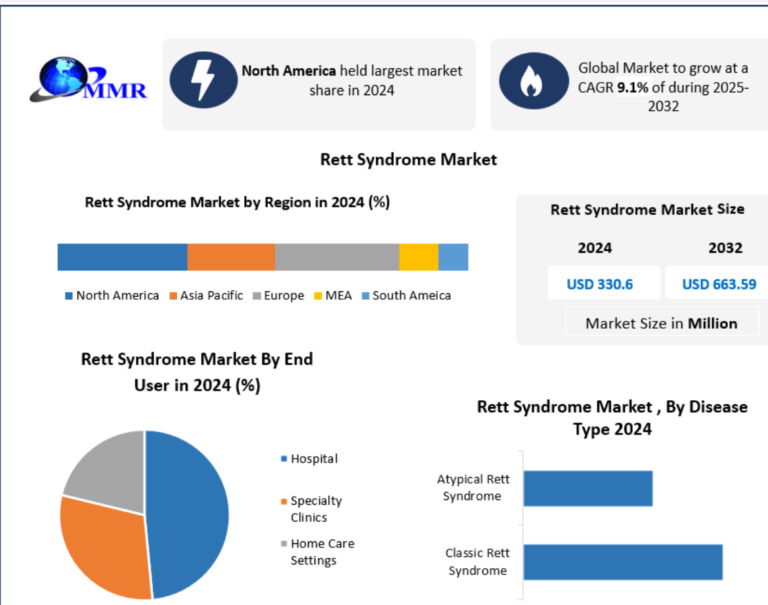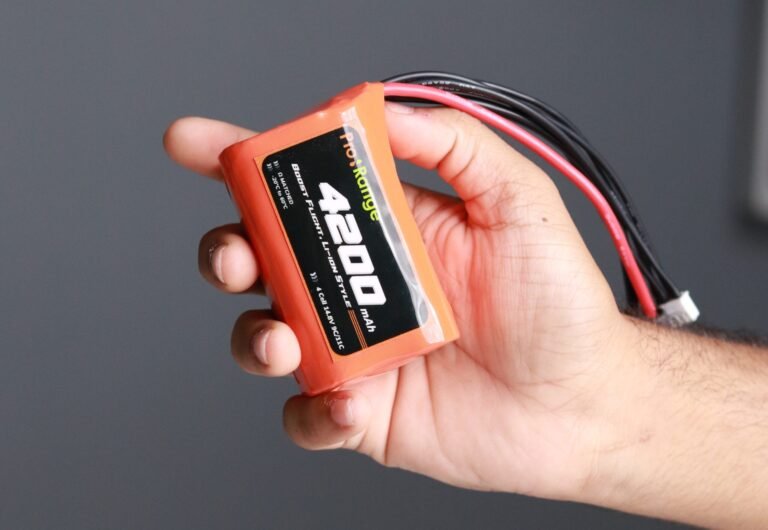In recent years, the world of digital finance has evolved at an unprecedented pace, with crypto tokens playing a pivotal role in reshaping how value is stored, transferred, and utilized. These tokens are more than just digital currencies they are programmable assets that can represent ownership, grant access, or fuel decentralized ecosystems. For those entering the space for the first time, the concept of a crypto token might seem overwhelming. However, understanding what crypto tokens are and how they function is essential to navigating the broader cryptocurrency and blockchain landscape. This beginner-friendly guide will break down the complexities, highlight their real-world applications, and demonstrate how crypto tokens are at the heart of the digital asset revolution.
Understanding Crypto Tokens: The Basics
To grasp the importance of crypto tokens, one must first understand what they are and how they differ from traditional cryptocurrencies. A crypto token is a type of digital asset that exists on a blockchain and can serve a wide range of functions, such as enabling transactions, representing ownership, or granting access to services. Unlike native cryptocurrencies like Bitcoin or Ether, tokens are built using existing blockchain infrastructures through smart contracts. This flexibility makes tokens an essential component in the growth of decentralized applications, finance protocols, and more. Whether used as currency, incentive, or access tool, tokens drive innovation across blockchain ecosystems.
-
Built on Existing Blockchains
Most tokens are developed using platforms like Ethereum, Binance Smart Chain, or Solana, leveraging the infrastructure and security these networks provide. -
Not Always Currency
While some tokens can be used like money, many have non-monetary uses such as voting rights in decentralized governance or access to specific software functions. -
Defined by Smart Contracts
Tokens are governed by smart contracts, self-executing code that defines the rules, supply, and behavior of the token within its ecosystem. -
Key to Decentralized Finance (DeFi)
In DeFi systems, tokens serve various roles, including collateral, governance rights, and reward mechanisms, enabling fully autonomous financial platforms.
Types of Crypto Tokens
Crypto tokens come in various forms, each designed with a specific purpose and function within a blockchain ecosystem. Understanding these categories is crucial for anyone looking to invest in or build around blockchain technology. While some tokens offer utility within an application, others represent ownership of real-world or digital assets. The classification of tokens is not arbitrary; it influences their legal status, usability, and technical implementation. For developers, investors, and users alike, knowing the distinctions between utility tokens, security tokens, governance tokens, and NFTs can significantly impact how these assets are used and valued in real-world scenarios.
-
Utility Tokens
These provide access to a product or service within a blockchain ecosystem. For example, they might be required to pay for transaction fees or to unlock features in a decentralized app. -
Security Tokens
Represent ownership in real-world assets like stocks, real estate, or bonds. These tokens are typically subject to regulatory compliance and are used for investment purposes. -
Governance Tokens
Grant holders’ voting rights in decentralized protocols, allowing the community to influence decisions such as upgrades, treasury spending, or changes in policy. -
Non-Fungible Tokens (NFTs)
Unlike fungible tokens, NFTs are unique and often represent ownership of digital art, collectibles, or gaming assets. Each NFT carries distinct metadata and value.
How Crypto Tokens Work
At the core of every crypto token lies a set of smart contracts that dictate its behavior, supply, and interactions. These contracts are deployed on a blockchain and operate autonomously, following the rules defined by their creators. The process of minting tokens, transferring ownership, and interacting with decentralized apps all hinges on these smart contracts. From the technical architecture to the end-user experience, tokens leverage blockchain transparency and automation to deliver secure, trustless functionality. This section will explore how tokens are created, transferred, and utilized in various applications, offering a closer look at their technical foundations and real-world operations.
-
Smart Contract Protocols
Developers use standards like ERC-20 (for fungible tokens) or ERC-721 (for NFTs) to create tokens that can interact seamlessly with wallets, exchanges, and dApps. -
Minting and Burning
Tokens can be minted (created) or burned (destroyed) based on demand or specific actions. These mechanisms help regulate supply and control inflation. -
Token Transfers
Users can send tokens across wallets or exchanges in a peer-to-peer manner. All transfers are recorded on the blockchain for full transparency. -
Integration with dApps
Many decentralized applications require tokens to function, acting as internal currencies, access keys, or reward mechanisms for user activity.
The Role of Tokens in Blockchain Ecosystems
Crypto tokens are not merely digital placeholders; they are integral to the functionality and sustainability of blockchain ecosystems. Tokens create economic incentives that motivate participation, support governance structures, and facilitate access to services. Whether it’s powering a decentralized exchange, granting rights in a DAO, or unlocking assets in a metaverse game, tokens are at the heart of blockchain utility. Their versatility allows them to operate across multiple sectors, enhancing user interaction and driving adoption. By embedding economic and social functions into decentralized platforms, tokens transform passive networks into vibrant, user-driven communities.
-
Incentivizing Network Participation
Tokens reward users for validating transactions, providing liquidity, or contributing computing power, fostering active participation in the network. -
Access to Services and Platforms
Holding or staking certain tokens can grant exclusive access to decentralized exchanges, launchpads, or NFT marketplaces. -
Governance and Decision-Making
In DAOs (Decentralized Autonomous Organizations), tokens serve as voting chips, empowering holders to shape the future of the protocol through democratic means. -
Token Utility in Gaming and Metaverse
In virtual worlds, tokens function as currencies to buy land, assets, or upgrades, creating vibrant, user-driven economies.
Benefits and Risks of Using Crypto Tokens
Crypto tokens come with a broad spectrum of benefits and challenges. On one hand, they offer enhanced efficiency, transparency, and accessibility in financial transactions. On the other hand, they carry inherent risks such as price volatility, regulatory uncertainty, and technical vulnerabilities. Understanding these pros and cons is essential before engaging with tokens as an investor, user, or builder. A well-balanced approach considers both the transformative potential and the necessary caution. Knowing when and how to use tokens responsibly can help maximize their benefits while mitigating exposure to risk in a rapidly evolving digital economy.
-
Benefits: Decentralization and Efficiency
Tokens reduce the need for intermediaries, streamline transactions, and enable new financial models through automation. -
Enhanced Accessibility
Anyone with an internet connection can use or create tokens, democratizing access to global financial tools and services. -
Programmability and Innovation
Smart contracts allow for dynamic and customizable behaviors, leading to innovative use cases in finance, art, gaming, and beyond. -
Risks: Volatility and Security Concerns
Token prices can fluctuate dramatically, and poorly written smart contracts may be vulnerable to hacks or exploits, leading to loss of funds.
How to Create a Crypto Token
The process of creating a crypto token may seem technical, but with proper planning and the right expertise, it becomes a manageable and rewarding venture. Whether you’re building a utility token for an app or launching an NFT collection, the steps generally include selecting a blockchain, defining tokenomics, developing smart contracts, and ensuring regulatory compliance. This is where a professional token development company becomes invaluable. They bring the technical know-how and strategic planning needed to create secure, scalable, and efficient tokens. Understanding the development lifecycle empowers founders and creators to bring real value to their token projects.
-
Choose the Right Blockchain
Select a blockchain that suits your needs. Ethereum is the most popular, but alternatives like Solana or Avalanche may offer lower fees and faster transactions. -
Define Token Specifications
Determine name, symbol, supply limits, and any special functionalities. Will the token be fungible, or is it intended to be unique like an NFT? -
Develop and Test Smart Contracts
Engage a reputable token development company to write and audit your contracts to avoid bugs or vulnerabilities before launch. -
Deploy and Distribute
Once tested, deploy the token and distribute it through sales, airdrops, or community incentives. Ensure proper integration with wallets and exchanges.
Real-World Use Cases of Crypto Tokens
Crypto tokens are making a tangible impact across industries, serving as tools for innovation, decentralization, and efficiency. From decentralized finance and content creation to logistics and identity verification, tokens are solving real-world problems and unlocking new business models. These applications prove that tokens are far more than speculative assets; they are foundational to modern digital infrastructure. As adoption grows, understanding how tokens are already being used offers insight into future trends and opportunities. Whether you’re a developer, investor, or end-user, these use cases highlight the vast potential of tokenized ecosystems.
-
DeFi Platforms and Staking
Tokens are used as collateral, rewards, and governance tools in decentralized finance, enabling peer-to-peer lending, borrowing, and yield farming. -
Digital Identity and Credentials
Some tokens represent verifiable credentials or identities, offering secure and transparent proof of education, membership, or reputation. -
Supply Chain and Logistics
Tokens can track goods across global supply chains, improving transparency, reducing fraud, and enhancing traceability from origin to delivery. -
Content Monetization
Creators use tokens to monetize content through tipping, subscriptions, or exclusive access, bypassing traditional ad-based models.
The Role of Token Development Companies
Bringing a token to life requires more than just an idea—it demands technical proficiency, market awareness, and a deep understanding of blockchain systems. A professional token development company plays a vital role in turning concepts into secure, scalable digital assets. These firms offer end-to-end services, from consulting and design to deployment and auditing. Whether you’re launching a new DeFi protocol, creating an NFT collection, or tokenizing real-world assets, working with an experienced company ensures the process is smooth, compliant, and impactful. Their contribution often determines the success and longevity of a token in today’s competitive blockchain market.
-
Technical Expertise and Experience
These companies offer skilled developers, architects, and auditors who can craft robust and reliable token contracts tailored to specific project goals. -
Compliance and Regulation
A reputable token development company ensures that all tokens meet relevant legal standards, especially for security tokens or region-specific requirements. -
End-to-End Solutions
From ideation to post-launch support, development firms often provide full-cycle services including marketing, tokenomics, and exchange listing assistance. -
Security and Auditing
Auditing is essential to prevent exploits. Token development experts conduct in-depth security reviews, identifying and resolving potential vulnerabilities.
Future of Crypto Tokens
As the blockchain industry continues to mature, the future of crypto tokens is filled with promise and transformation. Innovations in interoperability, regulation, and real-world integration are expanding what tokens can achieve. Whether in finance, art, or identity systems, the token landscape is set to become more accessible, powerful, and integrated into daily life. Institutional adoption, new financial instruments, and decentralized governance will drive mainstream use. At the forefront of this evolution will be every forward-thinking token development company, pushing the limits of what programmable assets can deliver in a digitized world.
-
Widespread Institutional Adoption
Financial institutions are exploring tokenized assets, stablecoins, and CBDCs (Central Bank Digital Currencies) for faster and more transparent transactions. -
Cross-Chain Interoperability
New protocols are making it easier for tokens to move across blockchains, enhancing liquidity and expanding use cases. -
Integration into Everyday Life
Expect to see tokens embedded in e-commerce, social media, and mobile apps, offering seamless and frictionless value exchange. -
Continuous Innovation by Development Firms
As the landscape evolves, every token development company will play a key role in pushing the boundaries of what tokens can achieve in decentralized systems.
Conclusion
Crypto tokens are revolutionizing the way we think about ownership, value, and participation in digital ecosystems. From powering decentralized finance and digital art to enabling novel governance models, their impact is far-reaching and only just beginning. Whether you’re an investor, developer, or simply curious, understanding the mechanics and potential of crypto tokens is essential in this digital age. With the guidance of a trusted token development company, anyone can harness the power of tokenization to build the next generation of blockchain-based solutions.





